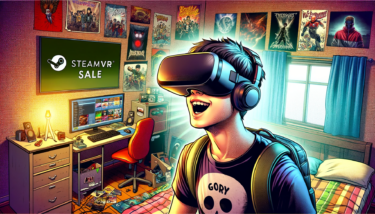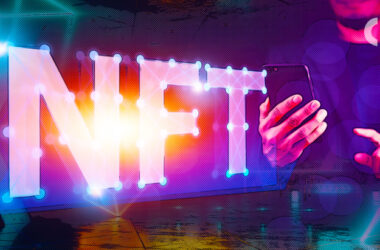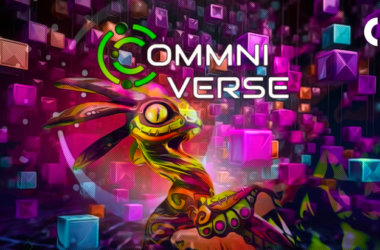Decentralized virtual worlds could house trillions in assets and offer millions of jobs, according to a recent post from the crypto-focused investment firm Paradigm. But the real question remains: why do games even need blockchains?
Games that captivate players for extended periods empower them to create new content, Paradigm said, primarily via mods and open economies. Mods let third-party developers expand upon the original game’s vision, leading to iconic games like Defense of the Ancients and PUBG. On the other hand, open economies, like the one in EVE, allow players to craft intricate social and economic systems.
However, there are limitations. In Minecraft, for instance, players can’t introduce new mods to existing servers without starting anew, and this fragmentation hinders the game’s potential for growth. There are also limited in-game primitives and regulatory constraints for open economies, stopping players from off-ramping in-game assets or exchanging them for fiat.
The case for onchain gaming
Fully onchain games, where both state and logic reside on open smart contract platforms, present two compelling arguments as to why games should be put on a blockchain, Paradigm said.
Firstly, composable modding — enabling players to integrate mods without fragmenting the game state or seeking permission. Secondly, permissionless open economies — allowing players to craft a game’s economy using smart contracts, bypassing the need for informal agreements or relying on in-game primitives.
Paradigm acknowledged onchain games continue to face hurdles around technical constraints limiting game design — with current infrastructure, like the Ethereum Virtual Machine, not optimized for complex game development and onchain games also having to grapple with real-money markets, frontrunning incentives and economic exploits.
However, Paradigm argues that rollup scalability and cost reductions, alongside game-specific blockchain infrastructure development, will help solve these issues.
While fully onchain games, leveraging permissionless composability, have the potential to thrive with open economic incentives and exist indefinitely on secure blockchains, given the challenges faced, a hybrid approach incorporating offchain game infrastructure, NFT assets and DeFi interoperability might be more viable, Paradigm said.
Regardless of the path taken, composable modding and permissionless open economies in onchain games could inspire innovations in traditional game design, influencing major studios to adapt and evolve, Paradigm added.
Source: The Block







